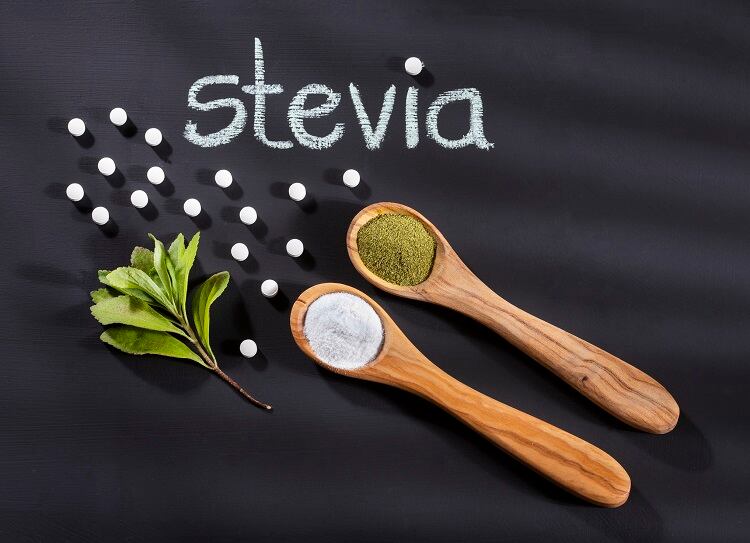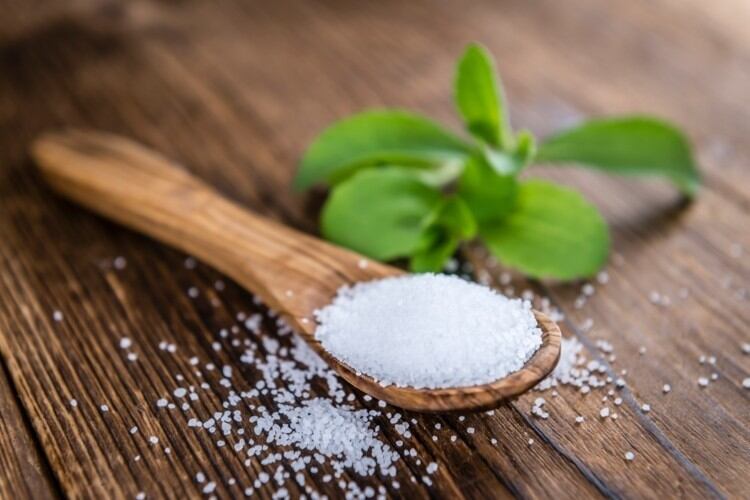Excessive sugar consumption is impacting public health. As a result, manufacturers are under increased pressure to cut the sweet stuff from food and drink products.
While artificial sweeteners may seem like to ‘go to’ for brands looking to reduce sugar, market research firm Mintel predicts an uptick in ‘natural’ alternatives fibre and stevia.
Pressure from governments, demand from consumers
In Europe, a growing number of governments are encouraging manufacturers to cut sugar content via product reformulation.
In Germany, for example, food manufacturers have been challenged to reduce sugar content in breakfast cereals by 20%, and in soft drinks by 15-20%. In France, voluntary engagements have seen breakfast cereal manufacturers agree to cut sugar by between 3.8-15%.
And in the UK, the food and drinks industry has been challenged to reduce overall sugar across a range of products that contribute most to children’s sugar intakes by at least 20%. In April 2018, the Government also introduced a Soft Drinks Industry Levy (SDIL). Less than three years on, Public Health England reported a 44% reduction in sugar content across mid and high sugar drinks.
It is not all push without pull, however. Manufacturers’ decisions to reduce sugar from food and drink products also respond to consumer demand.
Almost three out of five (59%) French and German consumers are making a concerted effort to limit their sugar intake, according to Mintel. The market research firm’s latest consumer research indicates that this figure increases to 65% of respondents in Poland and 67% in Spain.
“Food and drink companies are starting to pay more attention to cutting sugar from their products,” said Neha Srivastava, Food and Drink Patent Analyst at Mintel.
“Based on the percentage of granted patents currently active in Europe, France and Germany are among the top five leading countries with the majority of patent grants related to sugar reduction, each accounting for 5% of all global patent grants.”
Recent patent activity related to sugar reduction varies from improving the taste of sweeteners to developing new techniques to lower the production cost of rare sugars, the patent analyst continued.
A rise in ‘no added sugar’ claims
At the same time, ‘no added sugar’ claims are growing in Europe.
The UK is leading the trend, with 15% of European food and drink launches carrying this claim in the last five years. Germany is not far behind at 13%, followed by France at 10%.
‘No added sugar’ claims are also rising in Central Europe. In Poland, the number of claims has doubled since 2016, reaching 9% of food and drink launches in 2021.
Mintel research does not suggest, however, that consumers are willing to ditch sugar completely in place of ‘light’ or ‘diet’ replacements. More than half of German (54%) and French (53%) consumers ‘simply prefer eating less indulgent products’, noted Mintel, ‘instead of consuming more light/diet alternatives’.
“This is particularly true for carbonated soft drinks, with Polish (38%) and German (37%) consumers being the most likely to agree that ‘better-for-you’ carbonated soft drinks do not feel like a treat.”
Functional fibre to cut sugar and improve gut health
Mintel points to two ‘natural’ solutions for sugar reduction – stevia and fibre – as the ones to watch in sugar reduction.
Already, the market research firm has observed a growing presence of functional fibres in low/reduced sugar food and drink launches. In 2015, around 11% of such launches contained functional fibres. Five years on, and in 2020 this figure had reached 20%.
Within the functional fibre range, inulin is the most commonly found in low/reduced sugar products, noted Mintel, with product launches containing inulin having tripled – rising from 3% in 2015 to 9% in 2020.
“Consumers are aware of the importance of fibres in maintaining gut health,” noted Mintel’s Srivastava. “Brands can leverage this awareness by repositioning them as a multifunctional health ingredient that helps reduce sugar content in food and drink whilst improving gut health.”
Combining fibres with sugar to reduce overall sugar content could be an option ‘worth exploring’ as an alternative, particularly given that 63% of Germans are concerned about how sugar reduction in food and drink is achieved.
Further, 29% of Brits are interested in more fruit juices, juice drinks and smoothies with high fibre content.
‘Next-gen’ stevia
The other ‘natural’ solution for sugar reduction is stevia, noted the market research firm.
Stevia, a small shrub-like herb native to South America, grows leaves containing sweet compounds steviol glycosides. Stevia extract is considered to be 200-300 times the sweetness of sucrose. In food and beverage formulation, it is natural, calorie-free, and has zero glycaemic load sweetening properties.
As a plant-based sweetener, stevia has the potential to appeal to European consumers. According to Mintel data, 63% of Germans have no concerns about the amount of plant-based sweeteners – such as stevia – used in food and drink.
“Stevia continues to gain traction in food and drink launches because of its naturalness and zero calorific value, but its bitter and lingering aftertaste remains a significant barrier,” noted Srivastava.
“Recent patent innovations to improve taste issues and physicochemical properties, like purity and solubility, to produce next-generation stevia make help overcome the challenge.”
Innovators are looking for alternatives to sweet flavouring agents and aromas in new food and drink products, Mintel continued. “This can be a promising option to reduce sugar content by providing sweet perception in brain cells.”





